Nepal needs global support to combat climate change risks
- BFIS News
- 2025 Jan 10 20:23
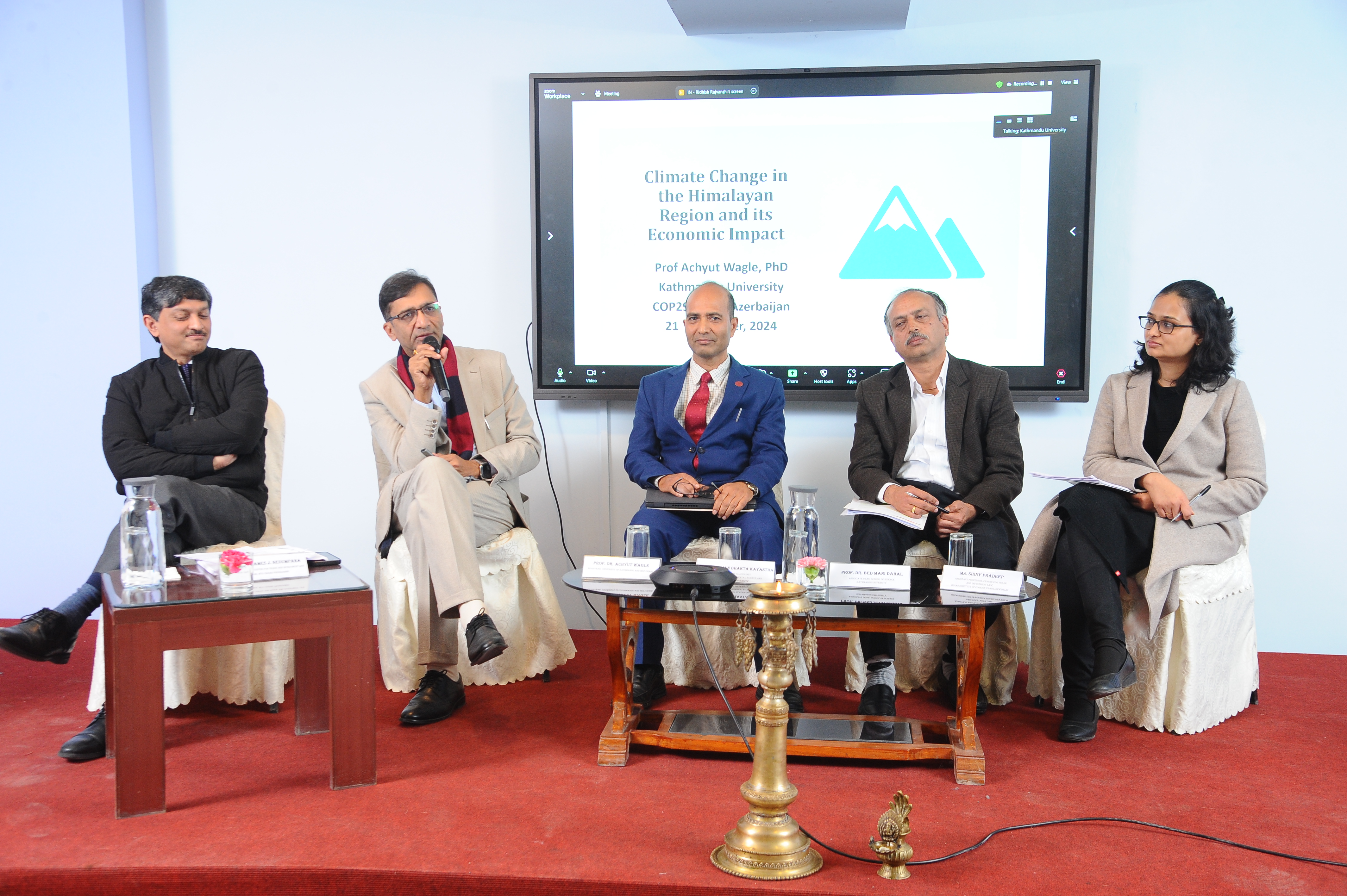
Kathmandu: As Nepal is vulnerable to climate change, it alone cannot cope with its impacts, and regional cooperation is required, said Ain Bahadur Shahi Thakuri, Minister for Forestry and Environment.
Experts said that developing countries like Nepal are highly vulnerable to climate change and urged high-carbon-emitting developed economies to take their carbon commitments seriously
With the increased effects of climate change, impacts have been felt in Nepal, India, Bangladesh, and Bhutan in this region, and the challenges are increasing, with issues like water scarcity. To cope with this situation, regional cooperation is needed for risk reduction and to save the biodiversity of this region, he said during a special panel on “The Melting of Himalayan Glaciers: Revisiting Climate Change Accountability in view of Recent International Developments” in Kathmandu on Friday.
The one-day event was jointly organized by the WTO chairs Programme Nepal, Kathmandu University School of Management, WCP-India, Centre for Trade And Investment Law, and Indian Institute of Foreign Trade at Kathmandu University School of Management (KUSOM).
While Nepal is committed to green initiatives, it has approved the proposal of the “Energy Development Roadmap-2081,” paving the way for the generation of 28,500 megawatts of electricity by 2035. This means Nepal is committed to investing in clean and green energy with its commitment, according to him.
While saying so, the Minister said that global cooperation is a must to cope with climate change issues, as the developed countries emitting massive carbon should deliver their commitments on climate change, including financial commitments to low-carbon-emitting countries like Nepal.
Nepal has been largely affected, as it has regularly seen landslides, floods, wildfires, and droughts—all due to climate change. “Nepal’s glaciers are melting at an increasing rate, and due to flooding, agriculture and hydro sectors are largely affected every year. Those who are dependent on these sectors are largely affected,” he said.
While saying so, Nepal is committed to economic development with climate-resilient structures, but for that, global cooperation and support are required, he said.
Similarly, speaking at the panel discussion on ‘Climate Change Obligations,’ Dr Achyut Wagle, Registrar of Kathmandu University and WCP-Chair, Nepal, said there has been very little research on the Himalayas compared to research done on other parts of the world. “We do not have credible data on the amount of climate change effects we have seen. We need to generate more data so that it can be used in laws, policies, and implementation,” he said.
Commenting on carbon trade, Dr Wagle said developing countries like Nepal should not fall into the trap of carbon trade because these rules are merely compensation mechanisms. “Agreeing to carbon trade means we are allowing developed countries to pollute more. Climate change is causing destruction, and countries that are victims need to create and implement their own strategies. Pricing carbon means allowing developed countries to continue with intense carbon-emitting industries. They would pollute more. This is a trap and essentially a license for developed countries to pollute more. The climate crisis will not be solved unless they stop emitting,” he said.
The impact of climate change is massive in this region, as the South Asian river basins of the Indus, Ganges, and Brahmaputra are among the world’s most densely populated areas. “River flows from the north of the Himalayas and south of the Himalayas are also affected. The impact is on livelihoods. This means water resources are affected, including agriculture and irrigation across the entire belt. A huge number of people are impacted,” he said.
Further, Dr Wagle said that Nepal has immense hydro potential, but if there is no snow in the mountains, what will be the fate of these projects? “What would be the fate of insurance and reinsurance companies when these sectors collapse? The cost of climate change will be borne by the hydro and tourism sectors. If the mountains turn into bare black stones, then what happens?” he asked.
Likewise, another panelist, Dr. Bed Mani Dahal, Associate Dean, School of Science at Kathmandu University, said that climate change is not only an issue for academicians or researchers. It has now become a global problem as its effects are linked with societies. “Climate change is not only the problem of Nepal. Glaciers in China, India, and Nepal are melting at a massive rate, and at this rate, we are facing disaster,” he said, adding that glaciers are not merely white spots for countries like Nepal—they are lifelines, providing water for drinking, irrigation, and hydropower. They also attract thousands of tourists.
“Developed countries are not serious about it. We have to deal with this ourselves,” he said.
According to Prof Dr Rijan Bhakta Kayastha, Professor of Glaciology, Department of Environmental Science and Engineering, School of Science, Kathmandu University, melting glaciers are a concern for everyone now. “We are just talking about melting snow. But the problem is that ice is melting. Snow takes decades to become ice,” he said, quoting research that found the total glacier area decreased by 24 percent between 1977 and 2010, while the estimated ice reserves decreased by 29 percent in Nepal.
Shiny Pradeep, Assistant Professor at the Centre for Trade and Investment Law, Indian Institute of Foreign Trade, New Delhi, said that the Paris Agreement has been criticized after three advisory opinions in the last three years. However, globally, climate change effects will persist, and if research and reports are to be followed, the temperature rise more than three degrees Celsius if the Paris Agreement is not implemented. “This would create more challenges for developing countries like Nepal,” she concluded.

![$adHeader[0]['title']](https://bfisnews.com/images/bigyapan/1760080292_64756700.gif)











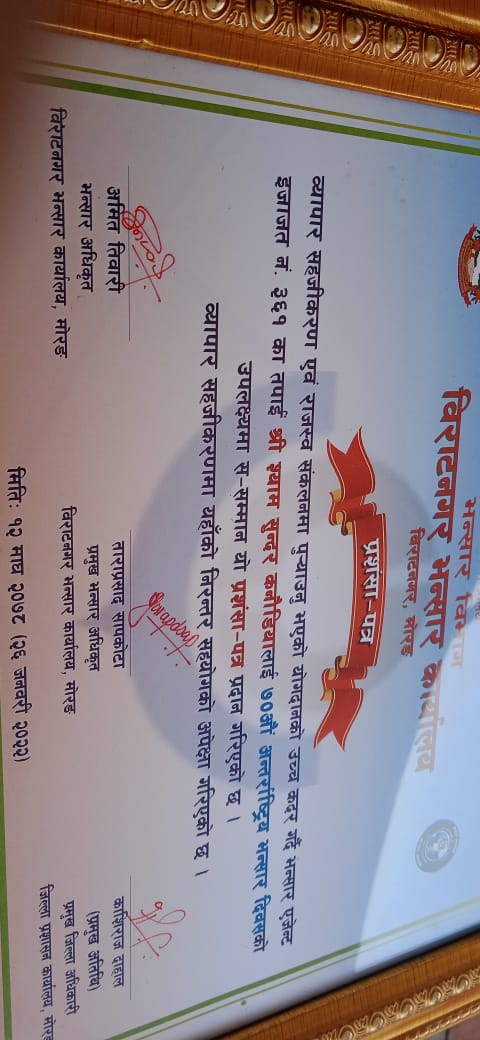
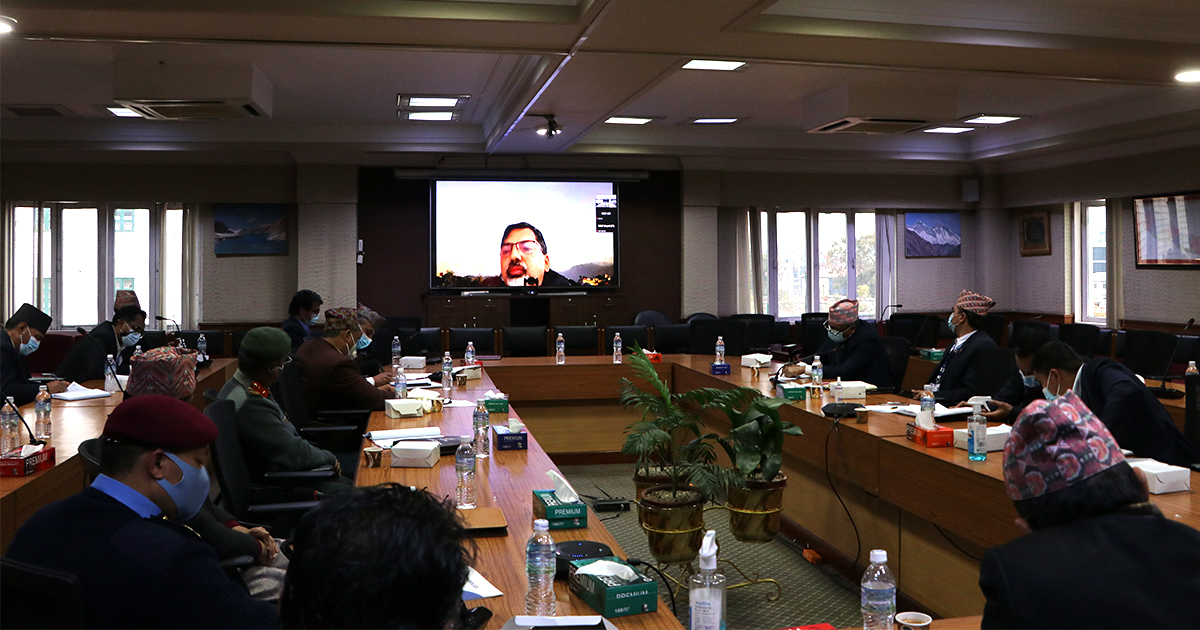
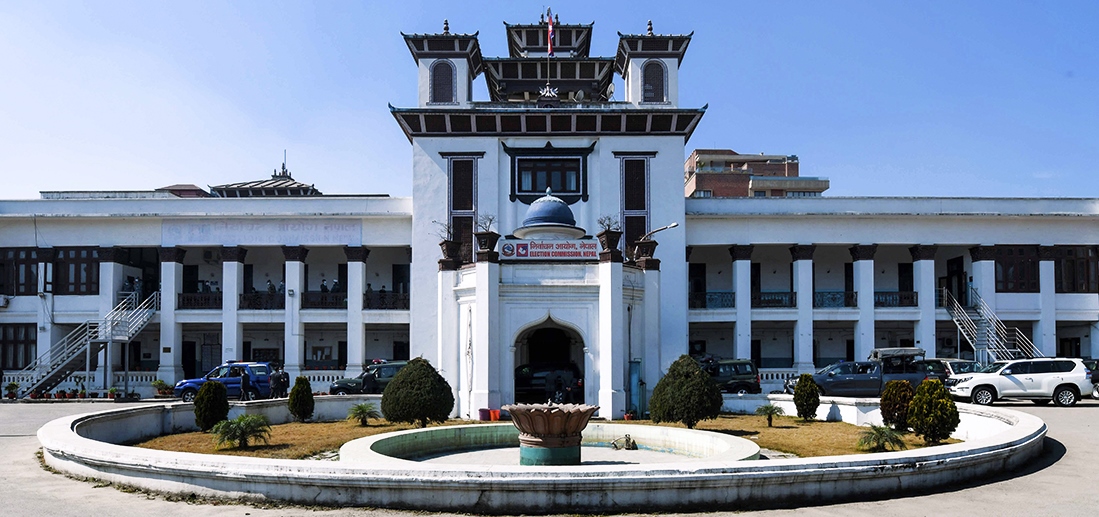
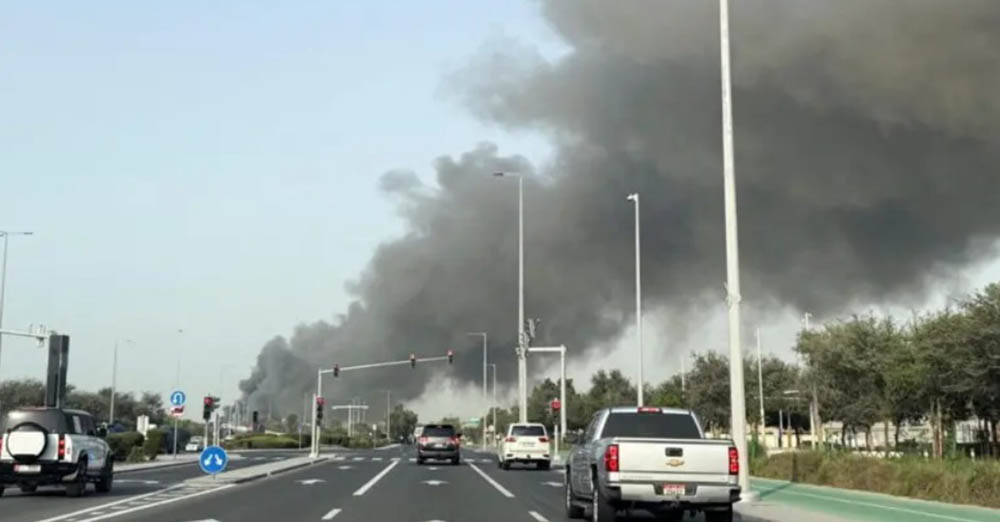



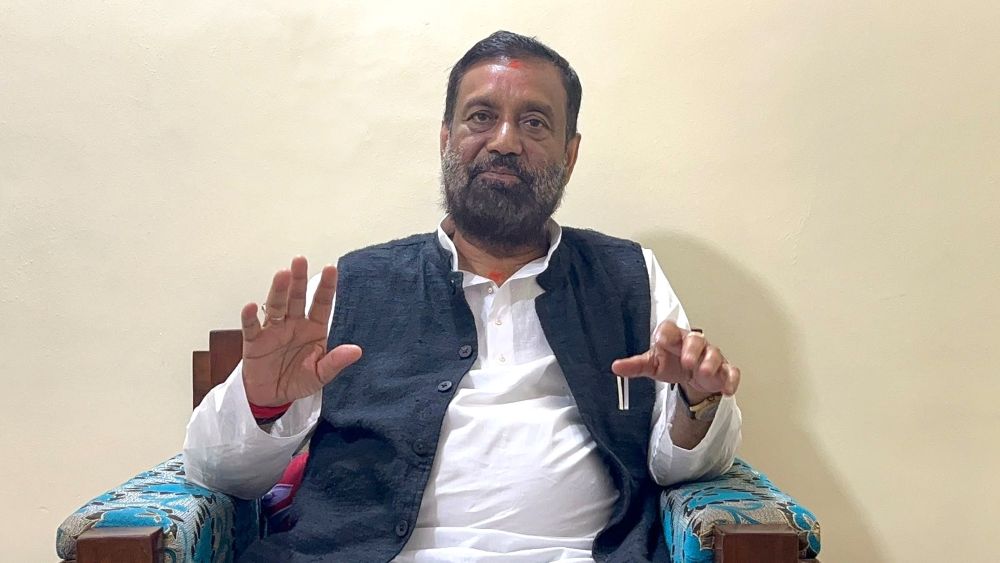





प्रतिक्रिया